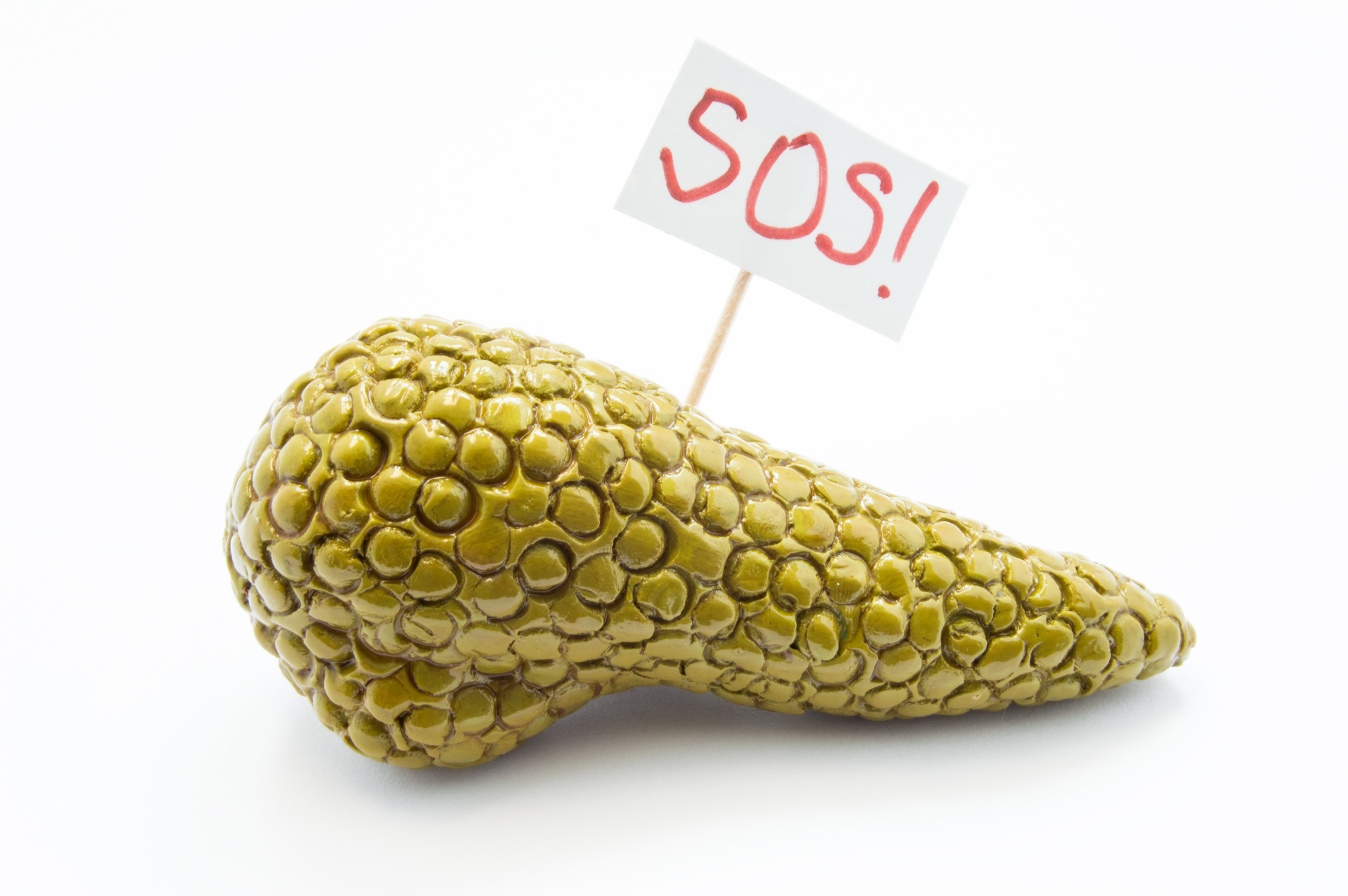More than 25 per cent of Americans over the age of 65 have diagnosed or undiagnosed diabetes and the disease remains the 7th leading cause of death in the United States, but new research also links diabetes in older age with pancreatic cancer.
According to a report by CNN, a new study proposes that the onset of diabetes after the age of 50 may be an early symptom of pancreatic cancer which usually has no symptoms in the early stages but spreads quickly throughout the body.
The risk for pancreatic cancer increases with age and nearly 70 per cent of all patients are over 65; other risk factors include smoking, being overweight, having diabetes, having chronic pancreatitis or having a family history of pancreatic cancer. The five-year overall survival rate of this deadly cancer is only about 8 per cent. Symptoms include unexplained weight loss, fatigue, jaundice and abdominal pain.
Research out of the Keck School of Medicine at the University of Southern California, published in the Journal of the National Cancer Institute, found that participants over 50 who developed diabetes during a 20-year period had more than double the risk for pancreatic cancer compared with those who did not develop diabetes. Nearly 50,000 African-American and Hispanic men and women, who are at a higher risk for pancreatic cancer, participated in the study; none of them had diabetes or pancreatic cancer at the start of the study.
The pancreas helps regulate blood sugar levels but when the pancreas doesn’t produce enough insulin or the body becomes resistant to insulin, blood sugar levels increase leading to diabetes. Because pancreatic cancer is difficult to detect in it’s early stages, researchers are looking at new ways to diagnose and treat pancreatic cancer earlier and provide better outcomes for patients. Learn more about pancreatic cancer by following this link to the Mayo Clinic. If you are over 50 and have recently been diagnosed with diabetes (within 36 months), talk with your doctor about your risk factors for pancreatic cancer or any symptoms you may have.






Add Your Voice
0 Comments
Join the Discussion